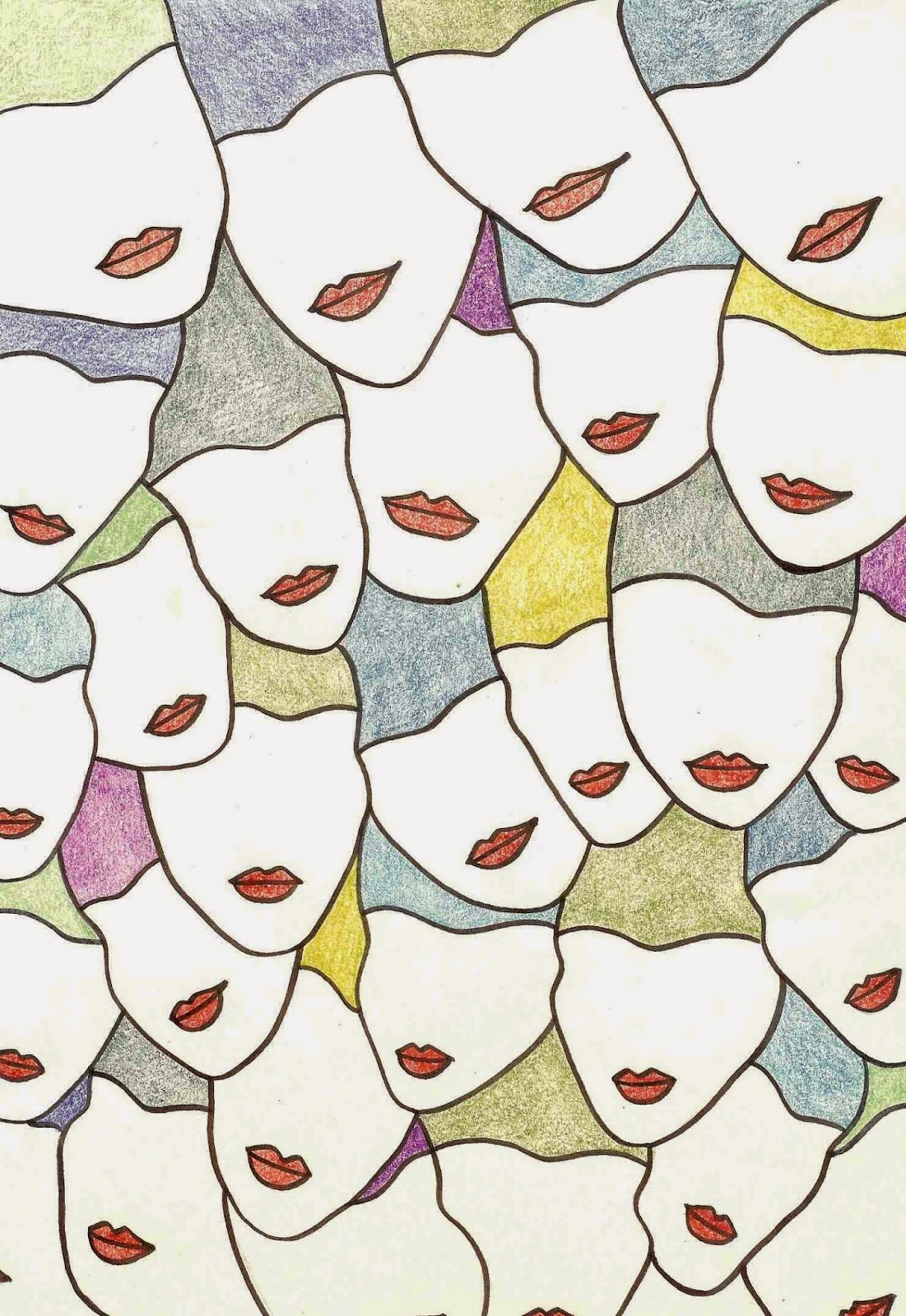Heraclitus
said that you can’t step in the same river twice. Its constant flow makes it
impossible. One of his students added that in reality you can’t step into the
same river even once…it changes as you immerse a part of your foot.
In
Quantum Mechanics, Heisenberg’s Principle of Uncertainty is premised on how we
change that which we observe, in this case particles, and that we cannot with
certainty predict the position of a particle because its momentum changes its
position even as we measure it.
Osho
spoke about how time can only be seen as the past or the future because even as
we acknowledge the present, it becomes the past and the future is an unknown.
See
a common thread here?
Across
history, science, philosophy and religion, the clarion calls have been to be
present in the present. This is the very secret of living, not existing, and
being happy.
Danish
philosopher Soren Kierkegaard said that the greatest source of our unhappiness
is rooted in the absence from our lives – living either in the past or the
future – remembering or hoping.
Grief
is one such mechanism that traps you in the past, in memory, in remembering…I
am its victim. Because our time together was so beautiful and defining, I often
find myself living in a warped reality where Shekhar’s very absence is a
persona…one I use to anchor the present…in tribute, in commemoration. I live as
if my future is behind me.
But
today, I got a wake-up call…neither memory nor hope mattered. The only thing
that counted was the present, being here now…and I realized that now is
beautiful, now is as good as it gets…the past made me and the future may unmake
me…Today, I am here…I answered God’s roll call…I am present. This is it.
***
However,
one cannot strictly call an individual unhappy who is present in hope or in
memory. For what one must note here is that he is still present to himself in
one of these. From which we also see that a single blow, be it ever so heavy,
cannot make a person the unhappiest. For one blow can either deprive him of
hope, still leaving him present in memory, or of memory, leaving him present in
hope.
Soren Kierkegaard in “Either/Or”
*
So
I suppose the best piece of advice I could give anyone is pretty simple: get a
life. A real life, not a manic pursuit of the next promotion, the bigger
paycheck, the larger house. Do you think you’d care so very much about those
things if you developed an aneurysm one afternoon, or found a lump in your
breast while in the shower? …Think of life as a terminal illness, because, if
you do, you will live it with joy and passion, as it ought to be lived.
Anna Quindlen in “A Short Guide to a Happy Life”
